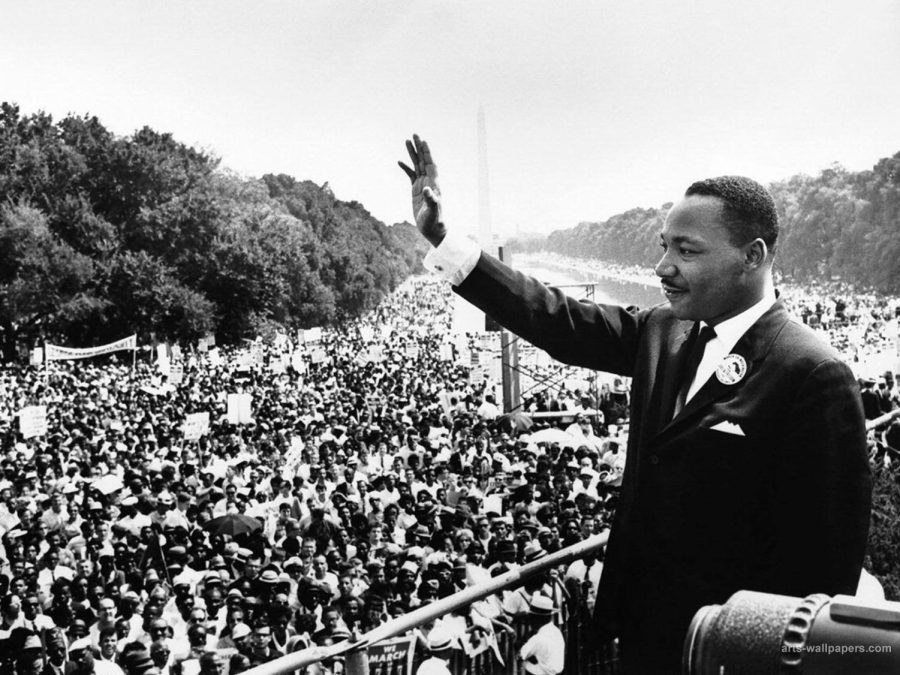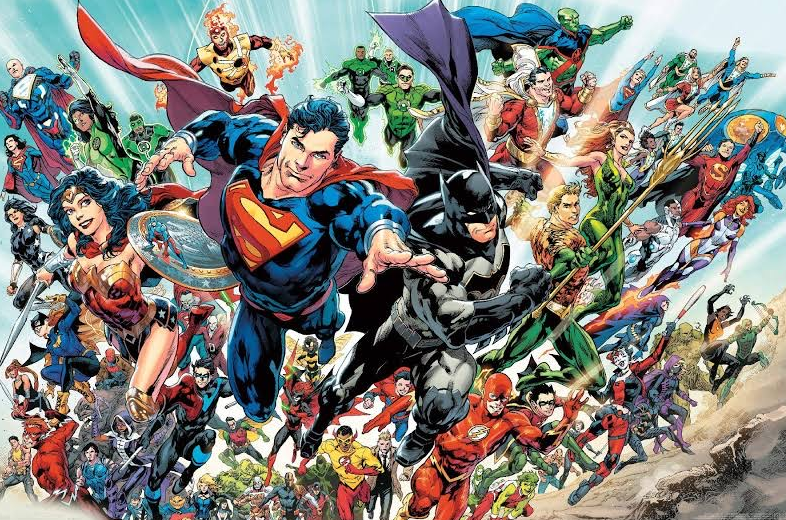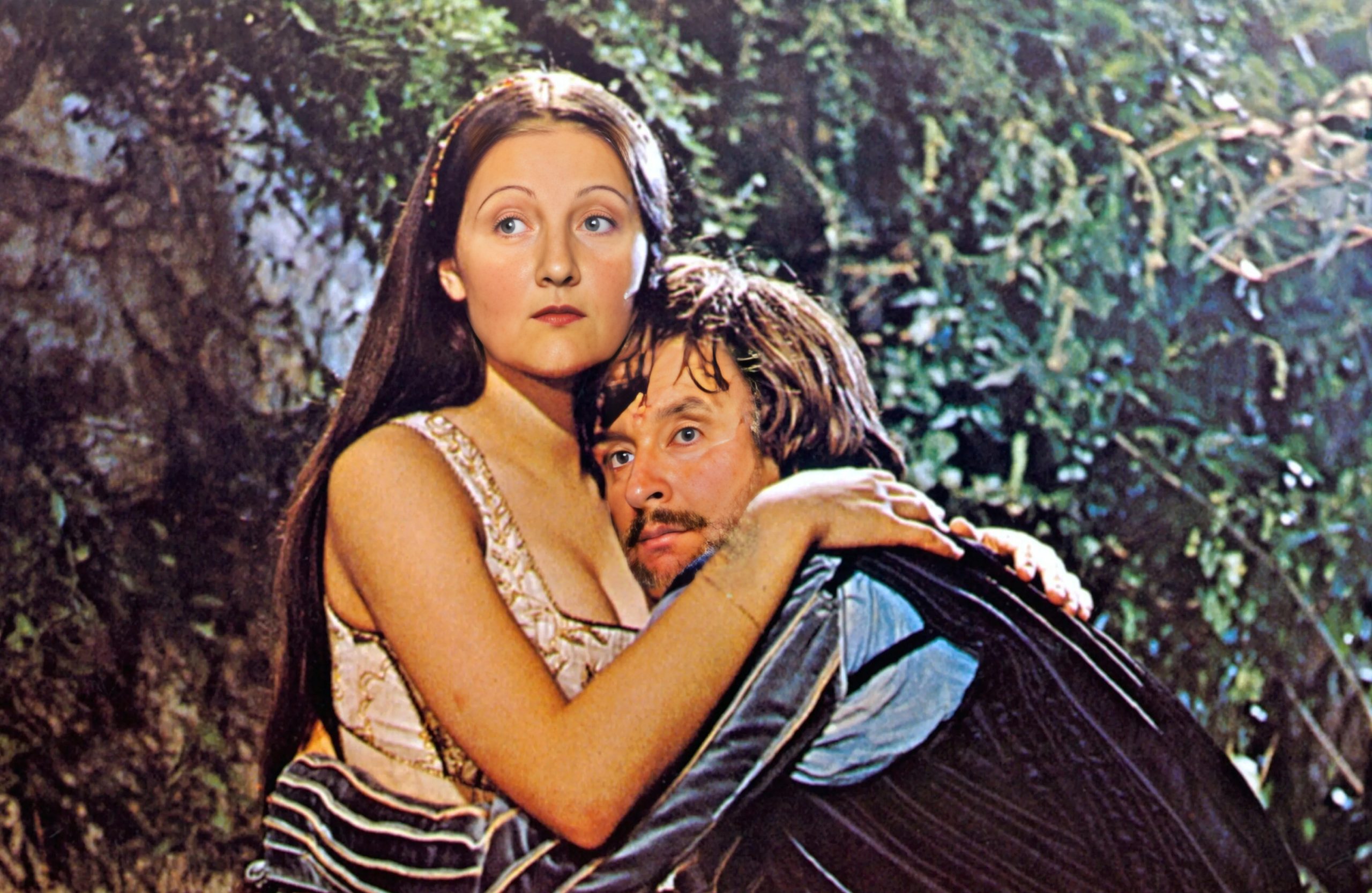Why We Need Black History Month
Dr. Martin Luther King Jr. speaks out during March on Washington in 1963
March 7, 2023
Black History Month was officially recognized in 1976, but the history of it goes back further. In 1926, a man named Carter G. Woodson (or known as the “Father of Black History”) initiated the first “Negro History Week” on February 7th. But why do we even celebrate this? We need to start at the beginning to show why this is a very important month.
Many historians say the starting point of slavery was 1619. In that time period, the privateer The White Lion brought 20 enslaved Africans to the British colony of Jamestown, Virginia. It is estimated that around 6-7 million enslaved people were sold into the New World in the 18th century alone.
The Civil War began in 1861 as a war to resolve the conflict between the North and South over the disagreement on the topic of slavery. The North believed that slavery was wrong and they wanted unification. The South on the other hand relied on slavery greatly and wanted independence from the North. The battle went on for 4 years and officially ended in April of 1865 when the Confederate armies surrendered, meaning the North had won.
On September 22, 1862, Abraham Lincoln issued the famous emancipation proclamation, stating that “slaves within any State, or designated part of a State…in rebellion,…shall be then, thenceforward, and forever free.” But slavery wasn’t just gone then and there; it took time and in December of 1865 with the presentation of the 13th amendment, all slaves were officially free.
Although black people were “free”, they still faced great struggles. Segregation was around for a long time and peaked from 1916 to 1970. This meant that blacks and whites were severely separated. They could not go to the same schools, drink from the same water fountains, use the same restroom, or even eat in the same restaurant. If a white person wanted to sit in the front of the bus, a black person would have to give up their seat with no argument and move to the back.
The Civil Rights movement came into effect in 1954. It was a fully peaceful nonviolent protest about abolishing racial segregation and discrimination throughout the United States. During this time period some of the most inspiring and well known black activists were fighting for their rights.
At only 15 years old, on March 2nd, 1955, Claudette Colvin was the first black person to refuse to give up their seat to a white person. She was arrested and charged with breaking the segregation law, assaulting a police officer, and etc. This was 9 months before the better known Rosa Parks did the exact same thing.
On December 1st 1955, in Alabama Montgomery, Rosa Parks refused to give up her seat on a crowded bus to a white woman. When yelled at by the bus driver to move she simply said no. She was also arrested and charged with refusing to obey orders of a bus driver and breaking the racial laws of her city. For her brave determination some call her “the mother of the civil rights movement.”
One of the most famous black activists of all time that almost everyone knows is Martin Luther King Jr. He was a nonviolent man who believed in peaceful protest. He is well recognized for his impeccable “I Have a Dream” speech, in which he most famously said, “I have a dream that one day this nation will rise up and live out the true meaning of its creed: ‘We hold these truths to be self-evident, that all men are created equal.
Although he was a peaceful man, King was imprisoned nearly 30 times. He had been convicted for disobeying police orders and for other protests he did even though he never turned violent.
Martin Luther King Jr, was assassinated by being shot on April 4, 1968 outside his hotel balcony in Memphis. Martin Luther King Jr, will forever be known as one of the most inspirational beings of all time.
After all that effort from those people and more, segregation finally ended in 1964 when the Civil Rights Act of 1964 stated that there would be no discrimination of race, color, religion, sex or national origin.
We have moved forward but at the same time, we have not. In the past two years, reports of police brutality and use of racial slurs towards black people have dramatically increased. Black History Month encourages Americans to remember the names George Floyd, Breonna Taylor, Janisha Fonville, and so many more innocents who were killed from police violence.
Now in the year of 2023, we aren’t facing slavery or segregation, but we still fight for our rights every single day. There is so much more black people have gone through and will continue to. There is still discrimination and racism in the world, and we need to move forward from that.












